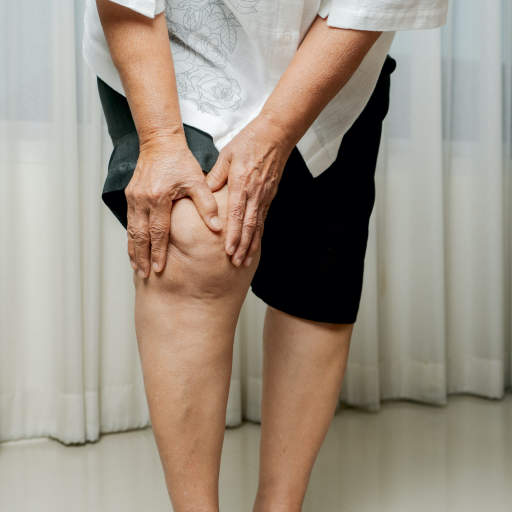Psoriasis occurs when an overactive immune system sends faulty signals, speeding up the growth of skin cells. This causes new skin cells to form before the old cells shed.
Different factors can trigger psoriasis flares, such as:
- infections
- weather
- medications
- stress
Here’s what you need to know about the stress-psoriasis connection, as well as how you can manage stress and reduce flares.
Between family, work, and other personal responsibilities, it can feel as if you’re being pulled in multiple directions. And while everyone deals with everyday stressors, too much stress (or chronic stress) can impact your health and make conditions like psoriasis worse.
The exact link between psoriasis and stress isn’t known. But psoriasis flares and relapses are likely due to a physiological reaction to stressful situations.
When under stress, your body turns on the fight-or-flight response. This is a natural, automatic reaction to a perceived threat. This prompts your body to release a surge of hormones, like adrenaline and cortisol.
Adrenaline gives you an energy boost. Cortisol, on the other hand, temporarily curbs the functioning of systems in your body that decrease the effectiveness of the fight-or-flight response. These might include digestion and your immune system.
Although cortisol is important to health, chronic stress can lead to too much cortisol in your body. This can throw your immune system out of balance, triggering a psoriasis flare.
Problems with your immune system can also cause an inflammatory response. Inflammation is how your body reacts to a threat. But these threats don’t only include bacteria or viruses.
Your body can also perceive chronic stress as a threat, in which case your immune system triggers an inflammatory response as a defence mechanism.
Keep in mind, too, that stress isn’t always caused by external factors such as work, family, or finances. A psoriasis diagnosis can also cause emotional stress, which can make your condition worse.
Plus, psoriasis is unpredictable. So while some people have mild symptoms, others have severe symptoms that may make them self-conscious.
Even though psoriasis isn’t contagious, self-consciousness may cause you to limit your association with others. You may also feel anxious or stressed if treatment doesn’t immediately work or if psoriasis returns after a period of remission.
Learning how to manage your stress levels can help you feel better. If you’re less stressed and anxious, the appearance of your skin may improve.
Here are several techniques to help you manage chronic stress:
Exercise
Regular physical activity can improve your mental outlook. Exercise releases feel-good hormones like endorphins and dopamine.
Aim for at least 30 minutes of physical activity most days of the week. You can start slow, with low impact exercises like:
- brisk walks
- biking
- light aerobics
- swimming
Get plenty of sleep
A lack of sleep can worsen anxiety. Most adults need between 7 and 8 hours of sleep each night.
To promote restful sleep:
- Limit daytime naps.
- Avoid bright screens about 1 to 2 hours before bedtime.
- Avoid big meals and liquids before bedtime.
- Keep your room dark, quiet, and comfortable.
Deep breathing
Breathing techniques can help clear your mind and promote relaxation.
With your eyes closed, breathe in through your nose, hold for a couple of seconds, and then exhale through your mouth. Repeat several times to reduce your heart rate, stress level, and blood pressure.
Get a massage
Massage therapy can help relieve tension, stress, and chronic pain — which can help you feel more relaxed.
Make time for hobbies
All work and no play also contributes to stress. Find enjoyable activities to take your mind off work or your health. Spend a few minutes each day engaged in a relaxing hobby.
Identify stressful triggers
It also helps to keep a stress journal and identify your stress triggers. Record what you do each day and how you feel. Once you identify possible stress triggers, take steps to reduce these from your life.
Talk it out
Keeping your feelings inside can also increase your stress level. Whether you’re stressed about psoriasis or other problems, talk about how you feel. Confide in a relative, a trusted friend, or your doctor.
Psoriasis is a lifelong condition with no cure. Even after achieving remission, relapses can happen.
Although different factors can trigger a flare, there’s a strong connection between stress and psoriasis.
Learning how to manage stress levels — along with traditional treatments — can help improve your condition, resulting in clearer skin.









